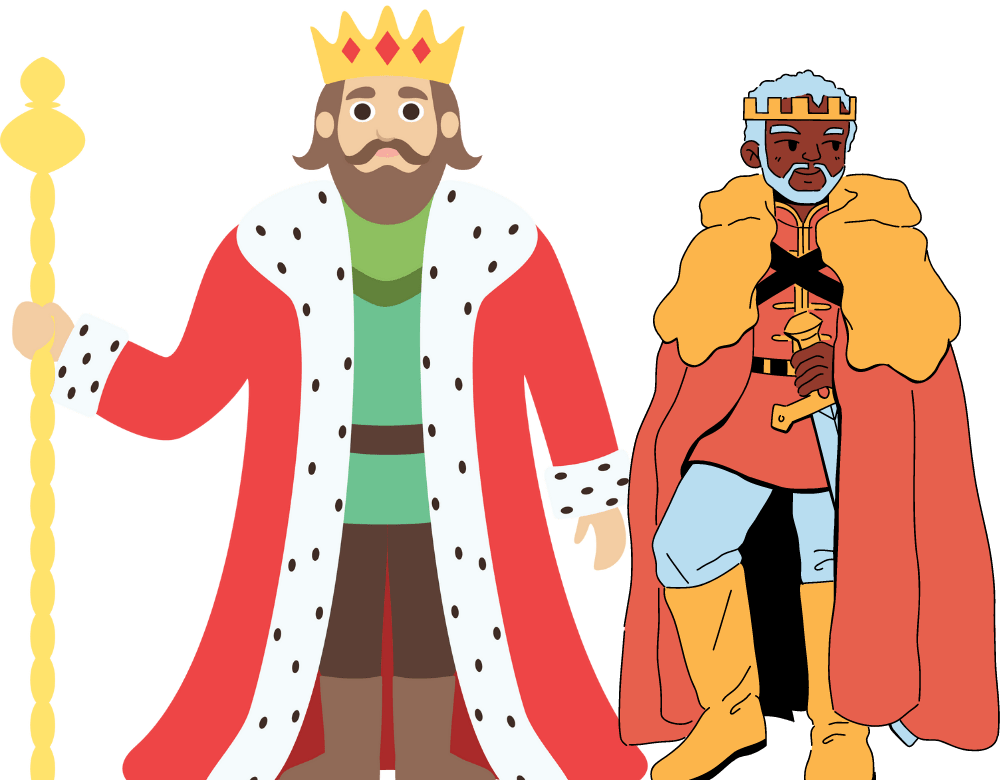Jaisa Sawal Waisa Jawab Class 4 Hindi Chapter 2 CBSE Notes - 2025-26
FAQs on Jaisa Sawal Waisa Jawab Class 4 Hindi Chapter 2 CBSE Notes - 2025-26
1. What is the main summary of the Class 4 Hindi chapter, 'Jaisa Sawal Waisa Jawab'?
This chapter is a witty tale from Emperor Akbar's court. It provides a summary of an incident where a jealous courtier, Khwaja Sara, tries to embarrass the wise minister Birbal with three tricky questions. Birbal, using his sharp intellect, gives equally clever answers, proving that the quality of an answer depends on the quality of the question.
2. Who are the main characters to remember for a quick revision of 'Jaisa Sawal Waisa Jawab'?
For a quick revision of the story's key concepts, you should remember three main characters:
- Emperor Akbar: The just king who enjoys tests of wit.
- Birbal: The intelligent and witty minister of Akbar.
- Khwaja Sara: The proud and jealous courtier who challenges Birbal.
3. What was Khwaja Sara’s main challenge to Birbal in the story?
Khwaja Sara's main challenge was to prove that Birbal was not as intelligent as everyone thought. He did this by asking three questions that he believed were impossible to answer, hoping to publicly humiliate Birbal in front of Emperor Akbar and the other courtiers.
4. How does the title 'Jaisa Sawal Waisa Jawab' reflect the central theme of the story?
The title, which translates to "As the Question, So the Answer," perfectly captures the story's theme. It means that the nature of a response is determined by the nature of the query. Khwaja Sara asked absurd and tricky questions, so Birbal gave him equally absurd and witty answers that perfectly matched the foolishness of the questions, thus proving the title's meaning.
5. What were the three strange questions Khwaja Sara asked Birbal?
Khwaja Sara asked Birbal three questions designed to be unanswerable. For a quick revision, these were:
- What is the centre of the Earth?
- How many stars are there in the sky?
- How many men and women are there in the world?
6. Why were Birbal's answers considered witty and not just simple replies?
Birbal's answers were considered witty because they did not just provide information; they exposed the flaw in the questions themselves. For example, instead of giving a number for the stars, he brought a sheep and said there are as many stars as there is hair on the sheep. This was a clever way to show that such a question was impossible to answer precisely, making his response an intelligent counter-challenge.
7. What is the main lesson a student can learn from this chapter for their revision?
The key lesson from 'Jaisa Sawal Waisa Jawab' is the importance of wit and presence of mind. It teaches that intelligence is not just about knowing facts, but about being able to think creatively to handle difficult situations and tricky people effectively. It also highlights that one should not be arrogant about their knowledge.
8. How did Emperor Akbar react to the exchange between Birbal and Khwaja Sara?
Emperor Akbar was greatly impressed and satisfied with Birbal's clever answers. He understood the wit behind them and appreciated how Birbal handled Khwaja Sara's challenge. Khwaja Sara, on the other hand, was left speechless and embarrassed. This is a key point to remember in the chapter's summary.
9. In what way does this story show the difference between knowledge and true wisdom?
This story shows that knowledge is about having information, which Khwaja Sara thought he had. However, true wisdom, which Birbal possessed, is the ability to apply that knowledge cleverly and appropriately. Khwaja Sara used his knowledge to try and trap someone, while Birbal used his wisdom to teach a lesson and resolve the conflict humorously.
























